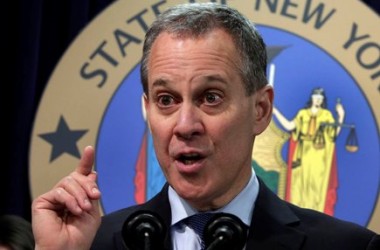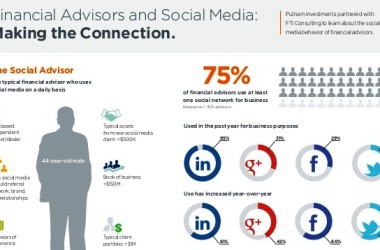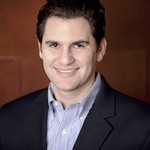
(TradersMagazine)-The new regulations from MiFID II have a direct impact on the structure of brokerages in Europe. Specifically, MiFID II dictates that all brokerages are required to demonstrate best execution and provide full disclosure and transparency on the following items: price, transaction costs, speed of execution, likelihood of execution, trading venue selection, etc. While these metrics seem to be obvious priorities for investor disclosure that should be adopted by the U.S. regulators as well, these long have been the “secret sauce” of many execution brokers.
Not to mention the other requirement of MIFID II: strict requirements for soft-dollar commissions for research. When I started working on the trading floor, soft-dollar commissions were the way business was done. A quant (me) would generate trading ideas that would be subsequently distributed to the desk’s institutional clients. An example of a trading idea could be the economic rationale for why the futures prices on Canadian dollar were about to rise, and, hence why someone like a treasurer of a business with Canadian exposure would choose to buy the futures now, rather than wait for the quarter end. Clients choosing to trade on the research were invariably charged a spread with the cost of the research idea priced-in, and that was just business as usual.
In addition to the secret sauce that will be spilled by transparency requirements and the tight control of soft-dollar commissions, the last component of traditional brokerage businesses was quality relationship management. Can one differentiate a business by a friendly attitude and a free pint of beer? Of course, yes. However, a client can only drink so much beer on a given day, and the prospect of hanging out with yet another broker can be daunting, to say the least.
So where is the brokerage industry going under the new regulations? Technology is certainly not only enabling the requirements of transparency, it is also leveling the field as far as investors are concerned, making broker-shopping easy. How are brokers to retain their clients?
BrokerDealer.com maintains the largest database of broker-dealers across 35 countries
The answer once again lies with technology. Smart order routing solutions should enable brokers to compete for clients beyond beer outings and popular tickets. A solid example of someone who has been doing this well for the past decade in the U.S. equities is Pragma Securities: leveraging PhD-level research and the technology to deliver benchmark-beating routing to their clients. However, even Pragma cannot fully disclose its secret sauce – doing so would make it vulnerable to competition and likely affect its business considerably.
Irene Aldridge is Managing Director, Head of Research and Development, AbleMarkets.com
and Able Alpha Trading, LTD. She is the author of High-Frequency Trading: A Practical Guide
to Algorithmic Strategies and Trading Systems. She can be seen at the Big Data Finance
conference at New York University on May 19 and 20, 2016. Irene can also be reached at [email protected].
For the entire column from Traders Magazine, click here





